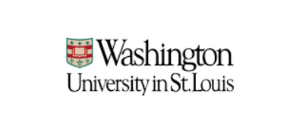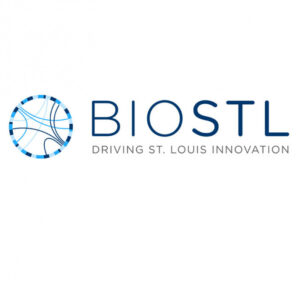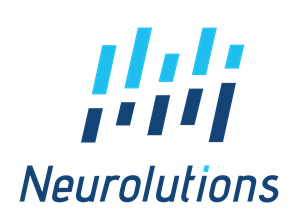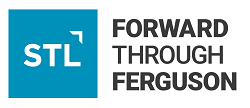NSF Engines Development Award
Advancing neuroscience technologies to improve applied neuroscience (MO, IL)
Purpose and Vision
NEURO360, led by Washington University in St. Louis (a top ranked research university), and BioSTL (a coalition driving the regional innovation economy), brings together over 20 partners from academia, industry, community organizers, and venture capitalists to align priorities and design pathways toward achieving our vision in use-inspired research, workforce development, translation, and partnership functions of an engine rooted in neuroscience. Through analysis and planning, but more so through innovative piloting and iterating on developing interventions, NEURO360 will identify the next steps necessary to mature St. Louis’ developing neuroscience ecosystem into a nascent Engine, primed for national emergence and regional growth.
NEURO360’s vision is to stimulate a thriving, inclusive, sustainable neuroscience ecosystem in the St. Louis region that will improve wellness in underserved communities, address neurobiological health disparities, and inspire accountable, innovative, human-centered practices and technologies of the future. The aspiring Engine would capitalize on St. Louis’s nationally recognized research in neuroscience and neurotechnology, a new academic neuroscience research building that will be the largest in the country opening in 2023, and recent momentum by academic, corporate, philanthropic, civic, and community leaders to strategically improve the economy through innovation and entrepreneurship.
Lead Organizations

In collaboration with
Expected Outcomes and Broader Impacts
Our aspiring Engine will target the following high-level goals to prepare for a Type-2 Proposal and lay the foundation for a robust, sustainable, neuroscience innovation ecosystem.
- Build a collaborative and aligned partnership network across multiple sectors and organizations
- Solicit expert input and develop processes to define a regional use-inspired R&D portfolio that addresses technical gaps as well as well-being, belonging, and justice for underserved communities
- Leverage a consortium of experts to rank priority areas for translational funding by the Engine and to enable follow-on investments to ensure that companies remain in the region
- Implement and improve plans to equitably develop and recruit expertise that will enhance the regional talent pool (executives, entrepreneurs, scientist) to support emerging ecosystem needs
- Demonstrate through culture, activities, and partnerships that DEIA is meaningful and critical to the success of the partnership network
- Establish an evaluation framework with well-defined milestones and indicators against which performance of the Engine will be measured at specific checkpoints.
Through the planning and pilots of this work, our aspiring Engine will demonstrate St. Louis’ capacity to define R&D potential in neuroscience and link proposals to emerging ecosystem components, enabling cluster growth and driving regional economic impact.
After two years, our work will have laid the foundation to support the next steps for an impactful Engine that will address global societal challenges around neurological and psychological disorders, grow the St. Louis economy, and enable the U.S. to be on the forefront of global innovation through neuro-inspired practices and technologies.
For more information about the NSF Engines program and other awardees, visit the NSF Engines program website.
Leadership Team

Co-Founder/Chief Scientific Officer
WashU (Co-PI)
Engine Co-Lead
Translation Co-Lead
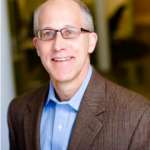
Retired Executive Vice President
BioSTL (Co-PI)
Engine Co-Director
Translation Co-Lead

Associate Professor of Neurology
WashU Use-Inspired R&D
Co-Lead
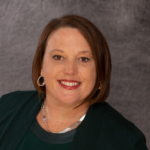
Chief Operating Officer
Starkloff Disability Institute
Workforce Co-lead
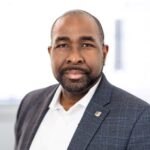
Vice Chancellor for Innovation, Entrepreneurship & Economic Development & Chief Innovation Officer
University of North Carolina at Chapel Hill
External Advisory Board Chair

Director of Racial Equity Capacity
Forward Through Ferguson
DEIA Co-lead

Director of Workforce Strategy
BioSTL
Workforce Co-Lead

Chair – Dept. of Neuroscience
WashU
Use Inspired R&D
Co-Lead

Sr. VP, Equitable Econ. Impact
Cortex Innovation Community
DEIA Co-Lead
Operations & Administration
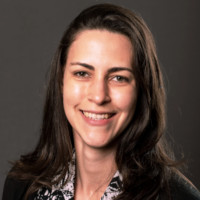
Division Administrator
WashU
Grant Lead
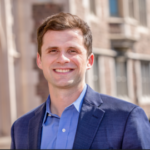
Special Assistant to the Vice Chancellor of Innovation
WashU
Finance Lead
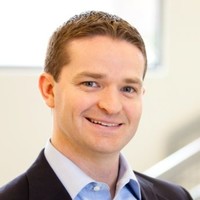
Senior Vice President, Programs
BioSTL
Evaluation Lead

Program Coordinator
WashU
Operations Lead
